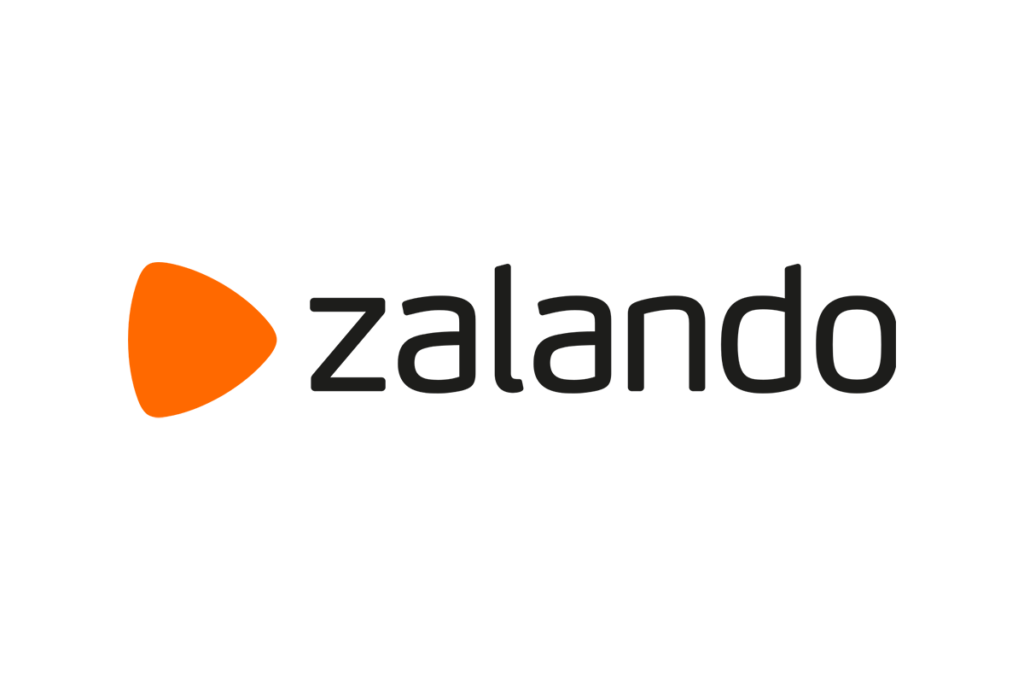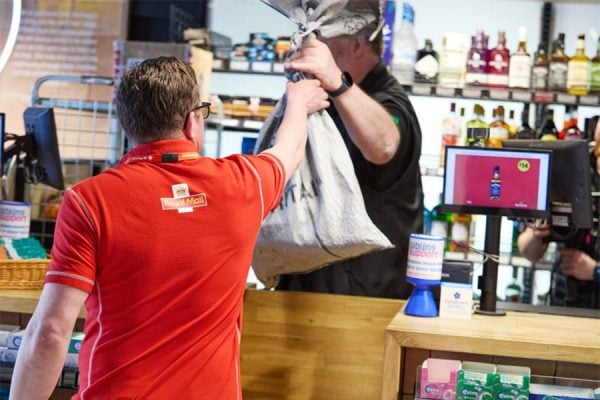The wishes of Danes for a more sustainable delivery is something Zalando took into consideration with their pick up and drop-off pilot, launched in July that sees community members, known as “Din Nabo” (or, “your neighbour), become service points for packages.
This week is seeing retail players such as Amazon, eBay and Zalando showing their green colours by taking up eco-friendly initiatives in an effort to reduce their environmental impact.
This July saw the marketplace targeting parents, self-employed, entrepreneurs or retirees as managers of click & collect points as part of a three-month pilot with PostNord.
The new concept aimed to enable customers to support Zalando’s sustainability drive in minimising the number of delivery attempts made by providing a single-drop off or pick up point. The target focused on reducing environmental impact by up to 50 grams per package. It works by the marketplace bundling up multiple orders to travel to addresses located in the same area.
Zalando’s logistics arm Homerr, founder, Remko Bakker says that 95% of Zalando shoppers, who had their package delivered to a Din Nabo, say that they received an “excellent service” when collecting or returning their package. “The test has shown very positive results.”
The pilot took place in residential areas of Copenhagen and Aarhus. First learnings from the pilot test indicate that the concept will function even better in rural areas; there are fewer stores and opening hours are shorter, which calls for a more convenient pickup and drop-off option. Also, in rural areas of Denmark, more houses are accessed via the ground floor, which increases convenience.
Feedback from customers is very much in line with Zalando’s preliminary market research, which predicted that proximity, opening hours and accessibility are the most important criteria when deciding on a specific pickup point. Furthermore, 72% of Danish customers state that they are highly likely to use pick up points soon, knowing that they are more environmentally friendly.
During the Danish pilot, 85% say it’s because of the convenient location close to either their home or workplace or on their commute. 57% say it’s due to the sustainable impact this service has, 42% because of the social impact. 15% say it’s because of the “opening hours” offered by the Din Nabo.
Remko says that the marketplace will look to personalise “our convenience propositions to each market based on our deep customer knowledge.” The concept of having your parcel delivered to your neighbours, if you can’t accept it in person, is more common in Germany and the Netherlands. However, this happens without official agreement and can hence cause stress for the neighbours. French customers prefer delivery to the next post office. For Danish customers, a safe place or pickup station is the most preferred alternative solution.
Speaking about the ‘green’ focus of this project, founder of Homerr, Mark Pieterse says that many Din Nabo are happy to support and be part of their local communities, interacting with others and helping them by providing a convenient service. People who have signed up to become Din Nabo also earn a small commission for their service.
The marketplace will continue testing the concept until the end of October ahead of the possible introduction. It is ultimately the customers that decide whether the service is interesting or not when they choose their preferred delivery option at the check-out.









